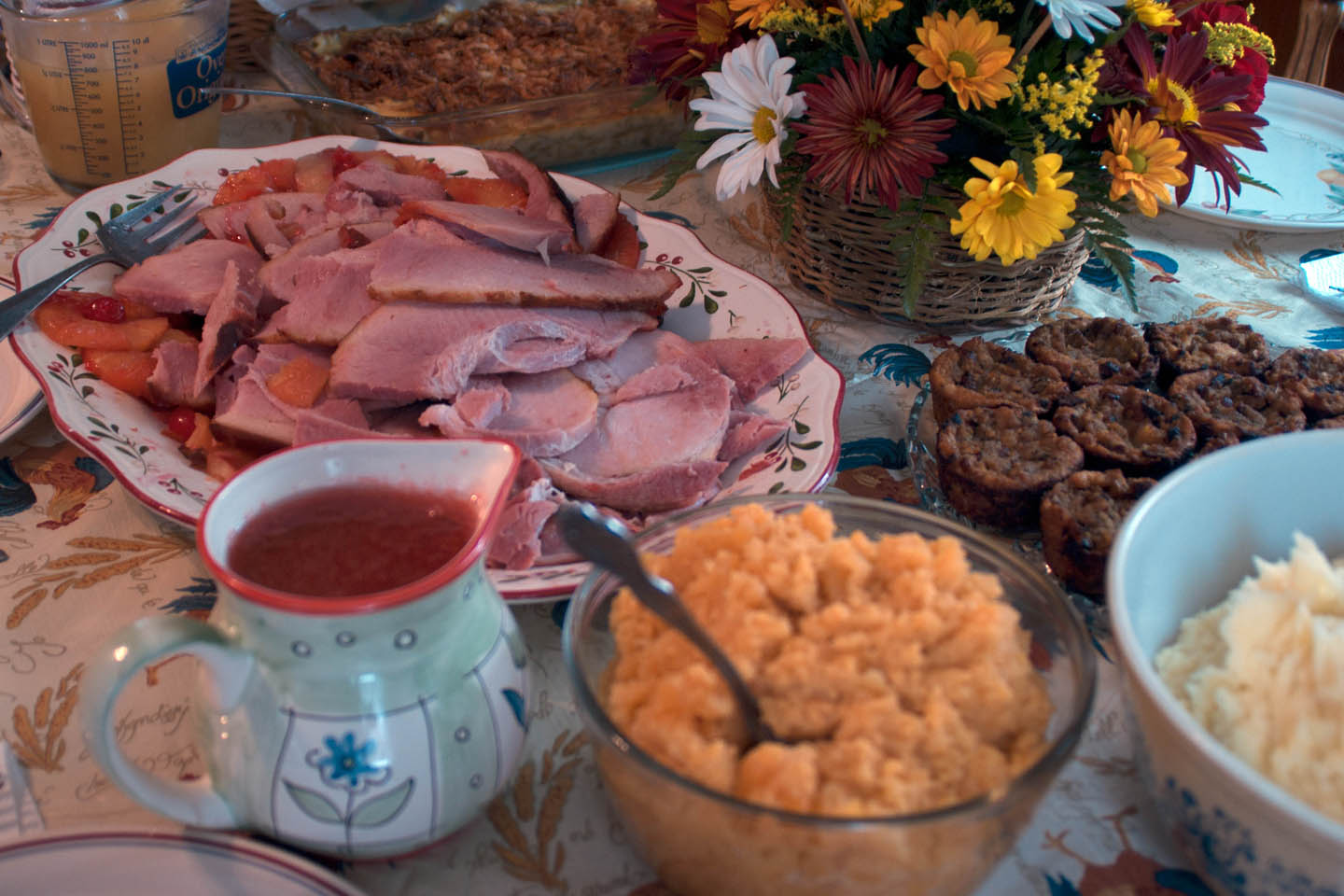Almost 400 years ago, in what is now Massachusetts, a group of newly arrived immigrants from Europe received lifesaving hospitality from a group of indigenous Americans. Tomorrow, we celebrate and remember this act of welcome for the stranger as Thanksgiving. The Wampanoag tribe, who had lived in the region for some 12,000 years, taught the settlers to grow native crops. Moreover, the Wampanoag were not the only tribe to be generous. In the earliest days, many tribes throughout the Americas showed compassion to their new neighbors and helped these new immigrants learn to survive and thrive.
As we share a meal together and remember the first Thanksgiving, we should also remember that the foods that the Native Americans shared with these undocumented Europeans were not just wild plants. They had been cultivated over thousands of years by a deep respect for the land. Many of the traditional foods that we eat, such as corn and sweet potatoes, were cultivated by the First Nations. Moreover, today those fruits and vegetables that we eat are almost entirely harvested by immigrants. Farmworkers, the majority of whom were born outside of the United States, work long hours in harsh conditions, often without steady salaries, paid vacation or sick leave. Immigrant workers also play a very important role in the poultry industry, where they routinely face workplace abuse and injury.
We paint a very idyllic picture of the first Thanksgiving as a time to celebrate the coming together across cultural divides to share in the American virtues of prosperity and abundance. Unfortunately, what followed the first Thanksgiving was centuries of betrayal and genocide. Today, that continues as those protesting the construction of the $3.7 billion Dakota Access Pipeline are being assaulted and brutalized. The pipeline threatens to endanger sacred Sioux burial grounds and artifacts as well as our environment, eventually becoming a source of carbon emissions equivalent to nearly 30 coal plants every year for the next 20 to 30 years
This Thanksgiving, please pray for our immigrant and indigenous brothers and sisters. Give thanks for the immigrant farmworkers who left their families and came to this country to work long, difficult hours to put food on our tables. Roughly half of all farmworkers are undocumented. and will be at risk of being deported if the incoming administration follows through on campaign promises, a move that would destabilize the agricultural workforce and ripple out in the food economy in unknown, but likely negative, ways.
Also, please stand with Standing Rock. This past month more than 500 clergy prayed along the banks of North Dakota’s Cannonball River in a historic demonstration of interfaith solidarity. Join them by saying a prayer for peace and justice for our Native American brothers and sisters and those who are standing in solidarity with them. As our country reels in the aftermath of a divisive election, pray that the people with power, privilege, and wealth will remember to care for the most vulnerable in our society who are suffering.

